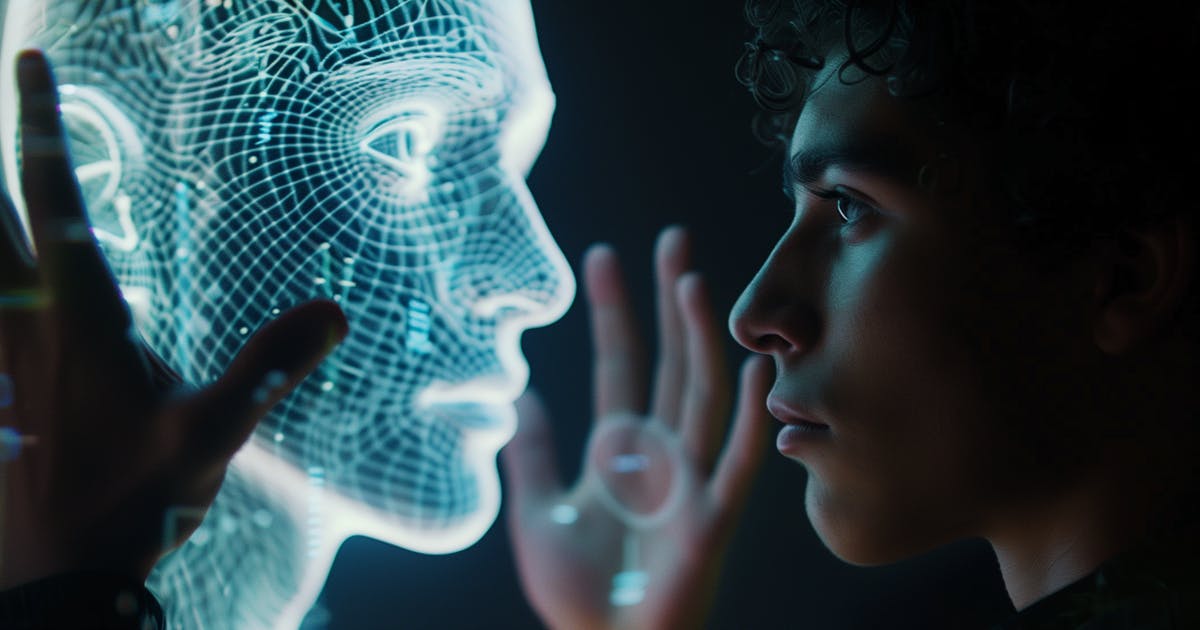443 reads
Can You Trust Your AI Twin to Think Like You?
by
November 23rd, 2024
Audio Presented by

Hi, I'm Giorgio Fazio, a creative director blending art and technology. Online since 1995.
About Author
Hi, I'm Giorgio Fazio, a creative director blending art and technology. Online since 1995.
